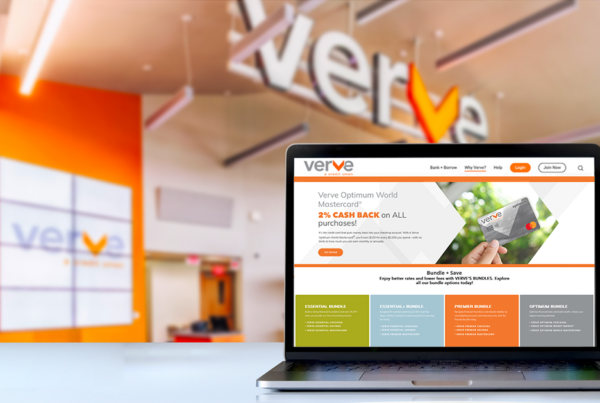Ahh…retirement. Get smart about common retirement rules that may be more myth than reality and set yourself up for long-term retirement success.
Boomerang children. They leave the nest to go to college or start their first post-graduation job just to come crashing right back to mom and dad’s house after things don’t work out as planned. In a 2015 Pew Research Center survey, 39% of parents admitted to helping adult children with errands, housework and home repairs, and nearly half (48%) admitted to helping children financially.
When kids are grown but struggling to make it on their own, it can be easy to fall into the trap of helping your kids and, in turn, overextending yourself to the point of dipping into your 401(k) plan to help make ends meet for both parents and an income-challenged child.
Here are five ways to help your kids without draining your savings.
- Determine your own retirement needs. First things first, take a look at what you’ll need for retirement before you help your child launch their own business or cover additional expenses. Making compromises on this for your children helps them out in the short term, but can create a boomerang of its own by diminishing long-term assets you need for retirement that they may have to subsidize down the road.
- Avoid overextending yourself. Know your limits and stick to them, if your kids need more money for college, student loans are a great way to start building credit for them without dipping into your hard-earned retirement dollars.
- Set clear limits. It’s difficult, but you need to have an honest discussion with your adult child when they move back in to set expectations for how long they plan to stay, how they plan to help around the house and how much they’ll need to chip in for rent, groceries or utilities.
- Provide a set amount of money. Be upfront about how much financial assistance you’ll be able to provide based on your analysis in Step 1. It’s a way for kids to learn budgeting while covering necessities such as health and car insurance.
- Foster the habit of saving. When kids start working, encourage them to contribute to a Roth IRA and, if you can afford it, consider matching their contributions if their employer doesn’t.
It’s Verve’s goal—in line with our guiding 7 Cooperative Principles—to provide education, training and information to help our members plan for the future and stay fit financially. We’re committed to keeping our members educated when it comes to their finances by providing tips on ways to plan for retirement while helping adult children.
This is not an actual client or client experience. This is a hypothetical example and is not representative of any specific situation. Your individual circumstances and results may vary.
The opinions voiced in this material are for general information only and are not intended to provide specific advice or recommendations for any individual. To determine which course of action may be appropriate for you, consult your financial advisor.
This information is not intended to be a substitute for specific individualized tax or legal advice. We suggest that you discuss your specific situation with a qualified tax or legal advisor.
This material has been prepared by LPL Financial. A registered investment advisor, member FINRA/SIPC.
To the extent you are receiving investment advice from a separately registered independent investment advisor, please note that LPL Financial is not an affiliate of and makes no representation with respect to such entity.
Not FDIC or NCUA/NCUSIF Insured | No Bank or Credit Union Guarantee | May Lose Value Not Guaranteed by Any Government Agency | Not a Bank/Credit Union Deposit
© 2016 LPL Financial LLC. All Rights Reserved. The information contained herein has been prepared by and is proprietary to LPL Financial. It may be shared via social media in the exact form provided, in its entirety, with this copyright notice. Connect with LPL: It’s never too early to get financial advice. Contact your financial advisor to help you and your children get back on track.
LPL Tracking #1-558906





 Federally Insured by NCUA |
Federally Insured by NCUA |  Equal Housing Opportunity |
Equal Housing Opportunity |